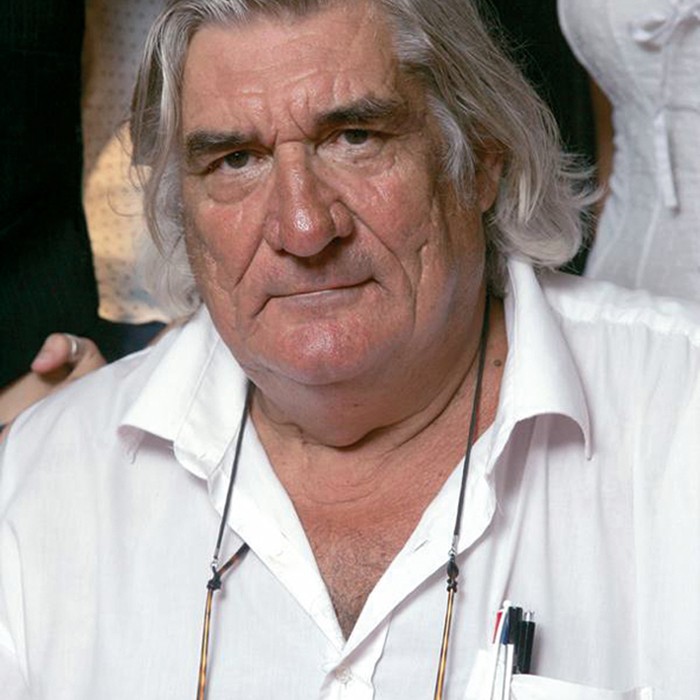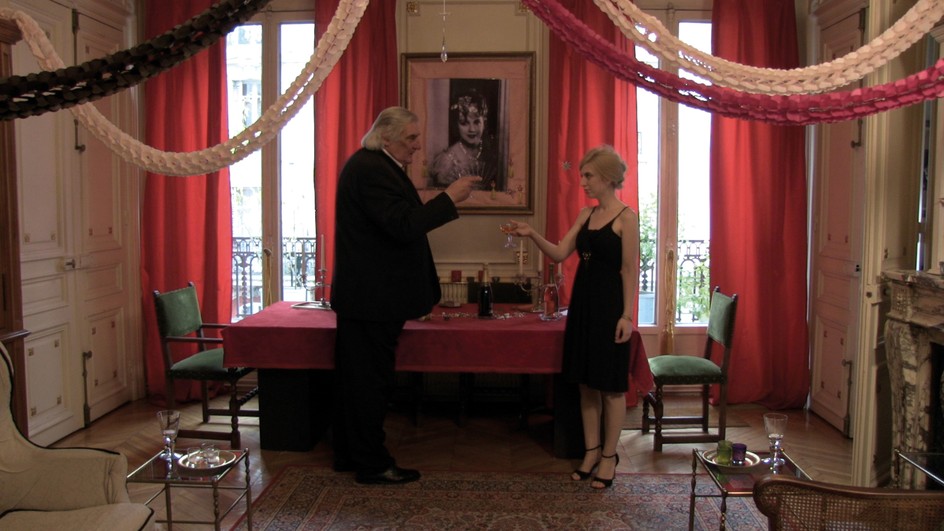
Artiste-professeur invité
2013 - 2014
Jean-Claude Brisseau
Born in 1944 in Paris (France)
He has often dealt with taboo subjects.
In La Vie comme ça, his first full-length professional film, he came to grips with life in the suburbs, then, in De bruit et de fureur, the focus turned to delinquency. In his three subsequent movies (Choses secrètes, Les Anges exterminateurs, A l'aventure), he went out on a limb to tackle the greatest taboo of all: sex.
Choses secrètes, one of his most beautiful films, shows two young women employing their abundant charms as weapons to infiltrate the highest levels of society and power, playing a dangerous game that they end up losing. Les Anges exterminateurs (2006), meanwhile, dives deep into the mysteries of desire and female pleasure lived as a form of mysticism. Propelled by magnificent performances from the young actresses and telling of a filmmaker ensnared in a web of his own devising, the movie's intent is not to provoke, but to explore and experiment in an audacious game of mirrors and mise-en-abyme.
Jean-Claude Brisseau's most recent feature, La Fille de nulle part, signals an emotional return to his sources. Self-financed, its stars Brisseau himself and is primarily shot in his apartment, rather like the amateur films of his early days---though digital (employed by Brisseau here for the first time) has replaced super-8. The film reminds one of those works by directors who no longer have anything to prove, but who remain keen to experiment, such as Francis Ford Coppola's recent Twixt. Rather than betraying resignation, the narrowly-focused subject (the platonic relationship between an old teacher and an unruly girl) and the modest means deployed emerge as an authentic demonstration of political and economic resistance, a veritable manifesto of guerrilla cinema. In the hands of a director obsessed by style and form, the lightweight shoot and micro budget do not equate to amateurishness. For Brisseau, everything is a question of direction, and La Fille de nulle part provides a textbook lesson in filmmaking, symptomatic of Brisseau's fidelity to certain aesthetic precepts of New Wave, but also to the classic American movie (and Hitchcock, especially). If it rehearses the director's mystical and ethical concerns, with once again incursions from the paranormal and spiritualism, La Fille de nulle part is enriched by a surprising emotional dimension that makes it far more than a theoretical discourse. In the portrait of an ageing man, both misanthrope and idealist, Brisseau, indulging in autobiography for the first time, unpacks a strange, intimate confession, without ever abandoning his fondness for romance.
If his own appearance is touching, Brisseau confirms his reputation as a masterly director of female performers, obtaining a glorious contribution from Virginia Legeay, a onetime student on the screenwriting course at the Fémis, who, in spite of a minor role in Les Anges exterminateurs, never dreamt of becoming an actor.
Olivier Père, Directeur de l'Unité Cinéma / ARTE France, Directeur Général Délégué / ARTE France Cinéma.

